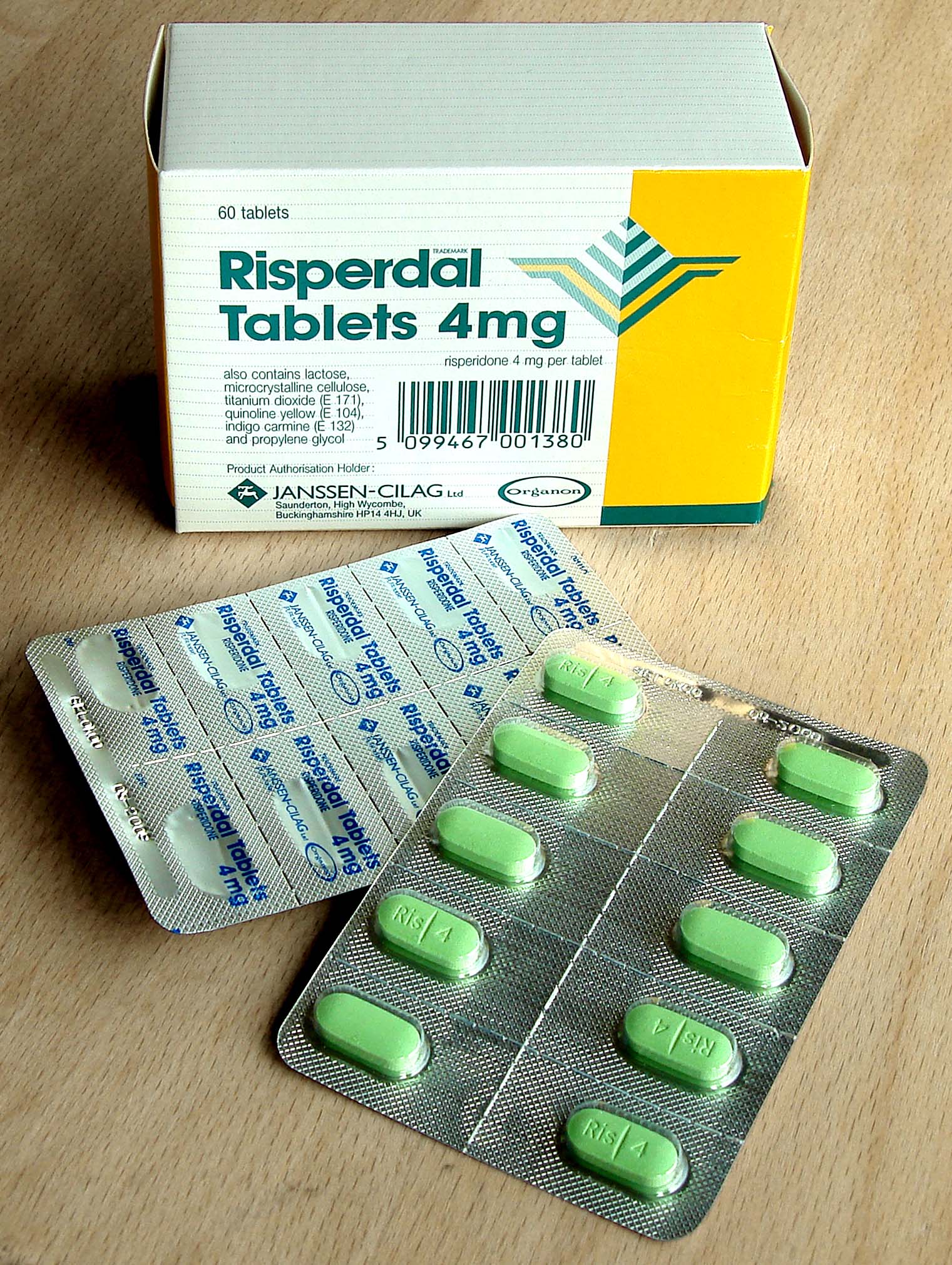Risperdal is a medication commonly prescribed to treat psychological disorders such as schizophrenia, bipolar disorder, and autism. In some cases, it is also prescribed to treat irritability and aggression associated with autism. But is Risperdal a stimulant? This question has been the subject of much debate due to the growing trend of prescribing the drug to children and adolescents.
In this article, we will explore the question of whether Risperdal is a stimulant and the implications of this debate. We will look at the medical evidence, discuss the potential risks and benefits, and examine the current state of the conversation. We will also examine the potential ethical implications of prescribing this drug to children and adolescents. By the end of this article, you should have a better understanding of the potential risks and benefits of this drug and the ethical considerations that need to be taken into account.
No, Risperdal is not a stimulant. Risperdal (risperidone) is an antipsychotic medication that is used to treat schizophrenia, bipolar disorder, and irritability associated with autism. It works by helping to restore the balance of certain natural substances in the brain. It does not act as a stimulant like drugs such as Adderall or Ritalin.

What is Risperdal?
Risperdal (risperidone) is an atypical antipsychotic drug used to treat a variety of mental health conditions, including schizophrenia and bipolar disorder. It is a potent medication that works by blocking dopamine and serotonin receptors in the brain, reducing the symptoms of psychosis and mania. Risperdal is also used off-label to treat irritability and aggression in children with autism spectrum disorder (ASD).
Is Risperdal a Stimulant?
No, Risperdal is not a stimulant. Risperdal is an antipsychotic medication, not a stimulant. Stimulant medications, such as Adderall and Ritalin, work by increasing levels of dopamine in the brain and are used to treat attention-deficit/hyperactivity disorder (ADHD). Risperdal, on the other hand, works by blocking dopamine and serotonin receptors in the brain, which can help reduce the symptoms of psychosis and mania.
How Does Risperdal Work?
Risperdal works by blocking dopamine and serotonin receptors in the brain. This helps reduce the symptoms of psychosis and mania, such as delusions, hallucinations, disorganized thinking, and agitation. By blocking these receptors, Risperdal can help reduce the symptoms of schizophrenia and bipolar disorder.
Risperdal also works by increasing levels of the neurotransmitter serotonin in the brain. This helps improve mood and reduce symptoms of depression, anxiety, and aggression. It can also help reduce impulsivity, which can be useful in treating aggression in children with ASD.
Side Effects of Risperdal
Risperdal can cause a variety of side effects, including headaches, dizziness, nausea, weight gain, and drowsiness. It can also increase the risk of developing diabetes, high cholesterol, and high blood pressure. People taking Risperdal should talk to their doctor about any side effects they experience.
Risperdal can also cause movement disorders, such as tardive dyskinesia. This is a rare but serious condition that causes involuntary movements of the face and body. People taking Risperdal should talk to their doctor if they experience any unusual movements or muscle spasms.
Who Should Take Risperdal?
Risperdal is only approved for use in adults with schizophrenia and bipolar disorder. It is not approved for use in children, although it is sometimes prescribed off-label to treat aggression in children with ASD. People considering taking Risperdal should talk to their doctor about the risks and benefits of the medication.
Frequently Asked Questions About Risperdal
Risperdal is an antipsychotic medication used to treat schizophrenia and bipolar disorder. It is not a stimulant.
What Is Risperdal?
Risperdal is an atypical antipsychotic medication used to treat schizophrenia and bipolar disorder. It is also known by its generic name, Risperidone. It works by affecting certain chemicals in the brain that can become unbalanced and cause mental illnesses such as schizophrenia and bipolar disorder.
How Does Risperdal Work?
Risperdal works by blocking certain receptors in the brain, which helps to regulate mood and behavior. It is believed to help restore chemical balance in the brain. It does this by blocking dopamine and serotonin receptors, which can help to reduce symptoms of schizophrenia and bipolar disorder.
Is Risperdal a Stimulant?
No, Risperdal is not a stimulant. Stimulants are drugs that increase alertness and physical activity, while Risperdal is an antipsychotic medication used to treat schizophrenia and bipolar disorder. It works by blocking certain chemical receptors in the brain, and has no stimulant effect.
What Are the Side Effects of Risperdal?
Common side effects of Risperdal include weight gain, drowsiness, dry mouth, nausea, and dizziness. Some people may also experience more serious side effects such as seizures, low blood pressure, and irregular heartbeat. If you experience any of these side effects, contact your doctor immediately.
Is Risperdal Addictive?
No, Risperdal is not considered an addictive drug. It does not produce a “high” or a feeling of euphoria. However, it is important to take the medication as prescribed by your doctor, and not to take more than the prescribed dose. Taking too much of the medication can increase your risk of side effects.
Risperidone (Risperdal) A Comprehensive Review of an atypical antipsychotic medication
In conclusion, the question of whether Risperdal is a stimulant or not is still up for debate. While some people argue that it is a stimulant, others believe that it is not. It is important to understand that Risperdal is an antipsychotic medication that has its own unique effects, and is used to treat conditions such as bipolar disorder, schizophrenia, and Tourette’s disorder. It is also important to note that while Risperdal has been known to cause some side effects, it is not considered to be a stimulant. For those who are unsure, it is best to consult with a healthcare professional before taking any medication.
